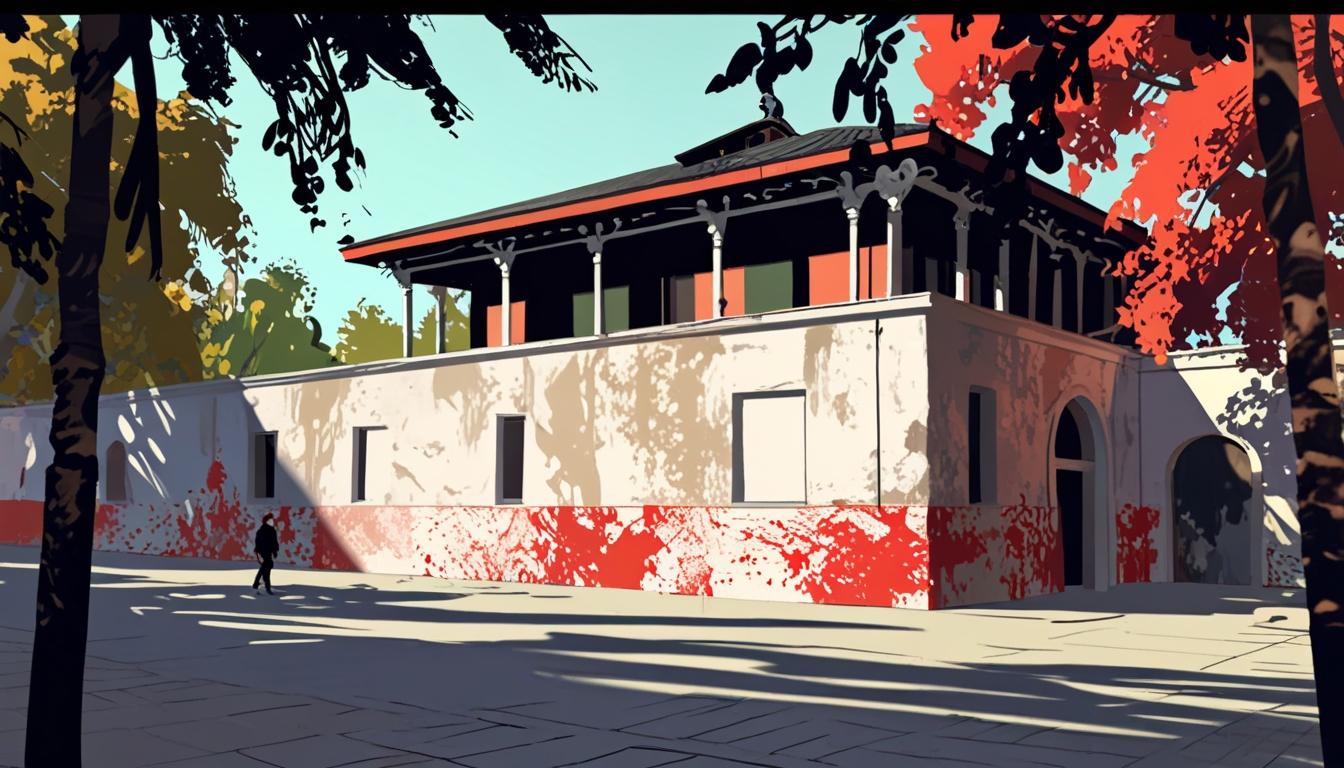The upcoming "Humanise" event hosted by Heatherwick Studio at the Russian Pavilion in Venice has ignited significant controversy, marking an uncomfortable moment for the Venice Biennale as it reopens the venue for the first architectural show since Russia's invasion of Ukraine in 2022. Scheduled for May 10, the event is presented as part of the official educational programme of the Biennale, repurposed under the label of the Biennale Educational Pavilion. The event will feature a panel led by Thomas Heatherwick alongside experts like Davide Ruzzon and postgraduate students from Milan Polytechnic.
However, this initiative has drawn fierce criticism from various quarters. Michal Murawski, a Polish-born curator for the Ukrainian pavilion, categorically labelled Heatherwick an "opportunist," arguing that hosting an event in such a historically charged venue is inappropriate. “It’s deeply concerning,” he commented, expressing his discomfort over the Biennale’s collaboration with the Russian Federation. Murawski emphasised that, as curator of Ukraine's pavilion, he feels the need to voice dissent against what he sees as an unacceptable endorsement of a controversial government. He urged BIS visitors to boycott the event outright.
Heatherwick Studio, amidst the backlash, has responded robustly. In a statement reacting to protests on social media, the studio asserted that despite the pavilion's historical name, "Russia isn’t involved in the Biennale." Thomas Heatherwick himself expressed dismay at Murawski’s remarks, insisting on the disconnection between their event and the prevailing political climate. “Our studio withdrew from any projects in Russia following the invasion,” he stated.
The context surrounding this reopening adds another layer to the situation. Historically, the Russian Pavilion had been a significant presence since its inception in the early 20th century but was closed in 2022 due to widespread condemnation of Russia's military actions. During its absence from events, Bolivia hosted a project at the venue during last year's art biennale. Now, as the pavilion reopens, tensions remain high as other nations, such as Israel, similarly grapple with international criticism over military operations, leading to their own closure of artistic venues like Israel's pavilion amid the ongoing conflict in Gaza.
The Venice Biennale stands at a crossroads; it faces scrutiny over how it navigates the balance between artistic freedom and political realities. While it seeks to provide a platform for dissenting voices from Russia, the logistical choices made in hosting events like "Humanise" inevitably spark debate about complicity and moral responsibility in the current geopolitical landscape. Ultimately, the event highlights deep fissures within the art community regarding engagement with politically sensitive spaces, echoing similar debates throughout the history of the Biennale, notably in years of conflict involving Ukraine, such as during its participation in the biennale across significant years like 1993, 2025, and beyond.
As the Biennale organisers continue to grapple with these pressing issues, it remains to be seen how both participation and the legacy of locations like the Russian Pavilion will evolve in response to ongoing world events and the complexities they entail. With the architectural landscape waiting to be defined, all eyes will be on the pavilions as they come to life amidst heavy ethical considerations.
Reference Map
- Paragraph 1: (1), (2)
- Paragraph 2: (1), (2)
- Paragraph 3: (1), (2)
- Paragraph 4: (3), (4), (5), (6)
- Paragraph 5: (1), (4), (6)
- Paragraph 6: (3), (1)
- Paragraph 7: (6), (7)
Source: Noah Wire Services
